Dining etiquette can be as complex as mastering a foreign language, and different occasions call for different rules. Each rule or guideline serves a purpose, promoting a pleasant and respectful dining experience for everyone at the table. Here’s a look at 18 table manners that people often get wrong.
Using Your Phone at the Table

In our incessant need to be connected to others, it's tempting to keep your phone at arm's reach, even at the dinner table. Checking your phone during a meal is considered extremely rude, showing that others who aren’t even present are more deserving of your attention. Silence your phone and put it somewhere it can’t be easily reached, and enjoy the company of those you’re sharing a meal with. You’ll also reap the benefits of feeling less stressed by taking a break from your phone.
Starting Before Everyone is Served
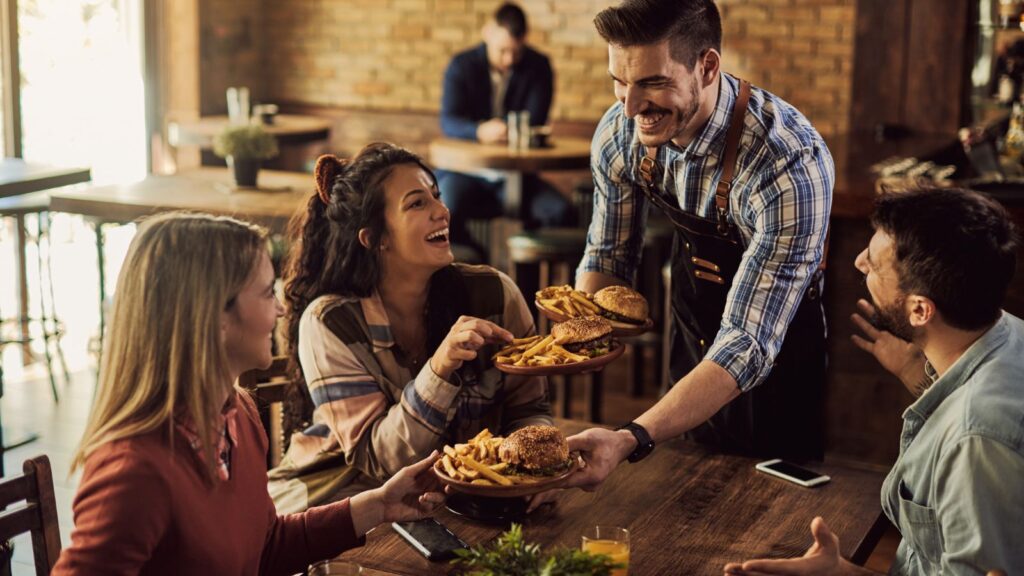
Beginning to eat before everyone has received their food shows a lack of regard for your fellow diners. Good etiquette dictates waiting until everyone is served before starting your meal, showing respect for everyone else at the table. No matter how hungry you are, you can wait a few minutes until everyone is ready to eat.
Elbows on the Table

While this rule can be relaxed during casual family meals, keeping your elbows off the table during formal occasions is respect for formality. Putting your elbows on the table during a formal meal shows a lack of respect and ignorance of correct table manners. You don’t want to be the center of attention for all the wrong reasons, so as tempting as it is, don’t be too casual.
Speaking with Your Mouth Full

Talking with your mouth full is unsightly and can lead to awkward accidents, like spitting food inadvertently. Those at the table will be aware that you have food in your mouth if you are not immediately answering a question, so chew your food properly and swallow before continuing a conversation.
Incorrect Utensil Use
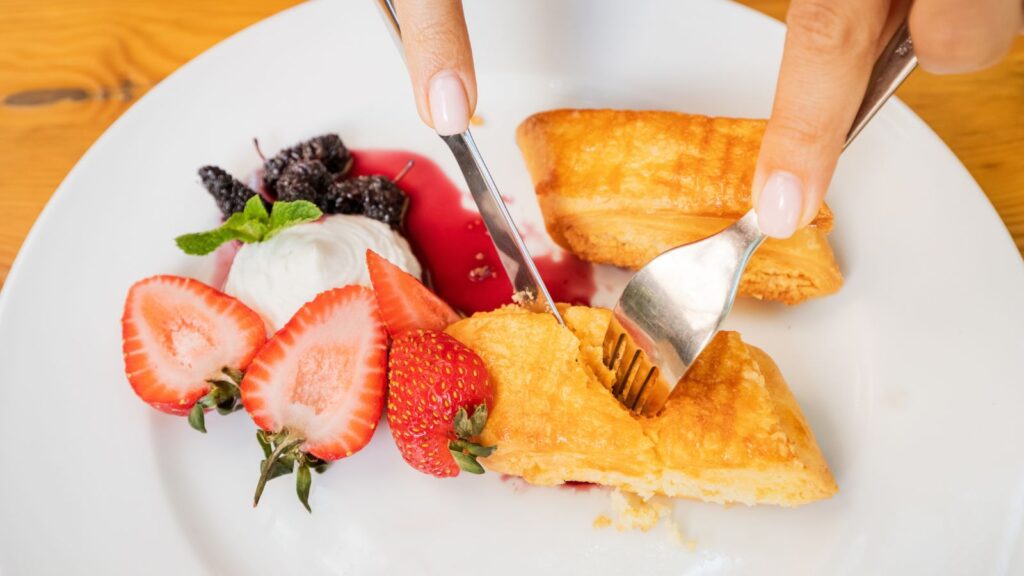
The misuse of forks, knives, and spoons is common, especially on occasions where there seem to be enough utensils by your plate to fill a kitchen drawer. American dining etiquette often involves switching the fork to the right hand after cutting with the knife, whereas the European style keeps the fork in the left hand throughout the meal. It’s also considered rude in Japan to stick chopsticks into food and leave them standing. This type of awareness will be much appreciated by your hosts.
Misusing the Napkin
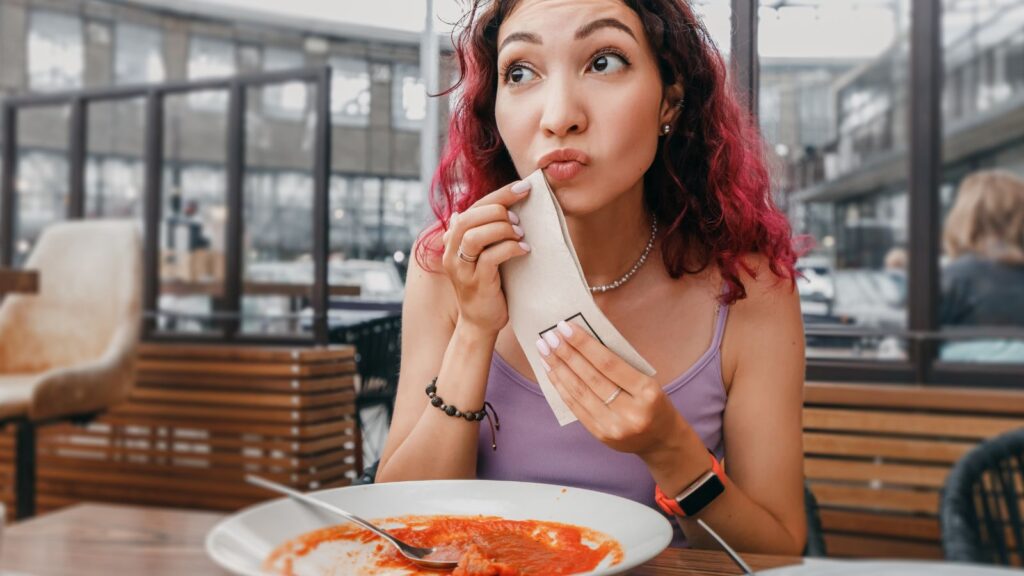
Your napkin serves a specific purpose, which is to dab your mouth during the meal. It should be placed on your lap when you sit down and used gently. If you need to give your mouth a proper clean, politely dismiss yourself from the table and go to the restroom.
Reaching Across the Table
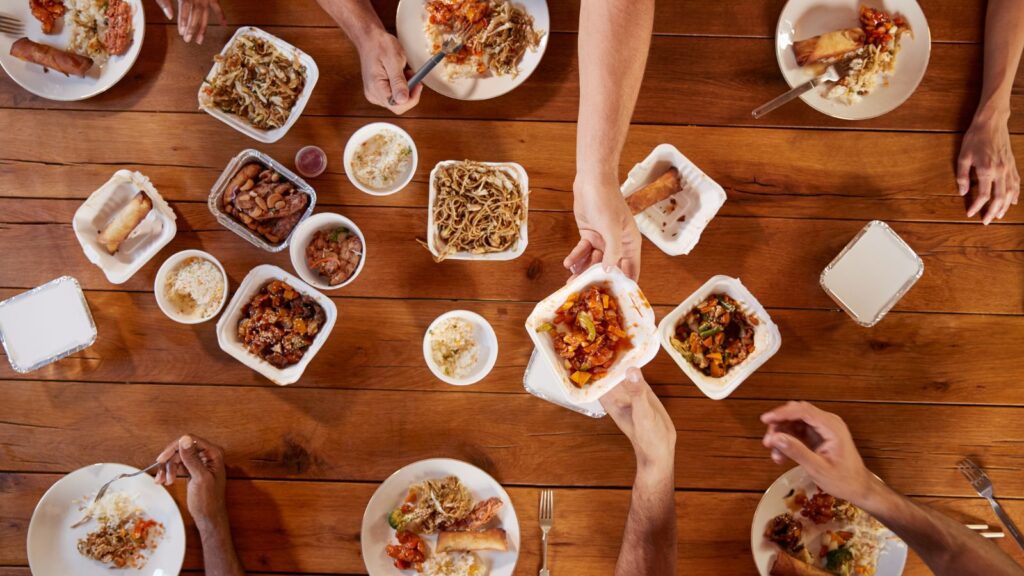
Extending your arm across the table to grab food or condiments is rude and will cause less-than-impressed glares from your fellow diners. People will happily pass something to you if you need it, so don’t be embarrassed to ask.
Incorrect Bread Etiquette
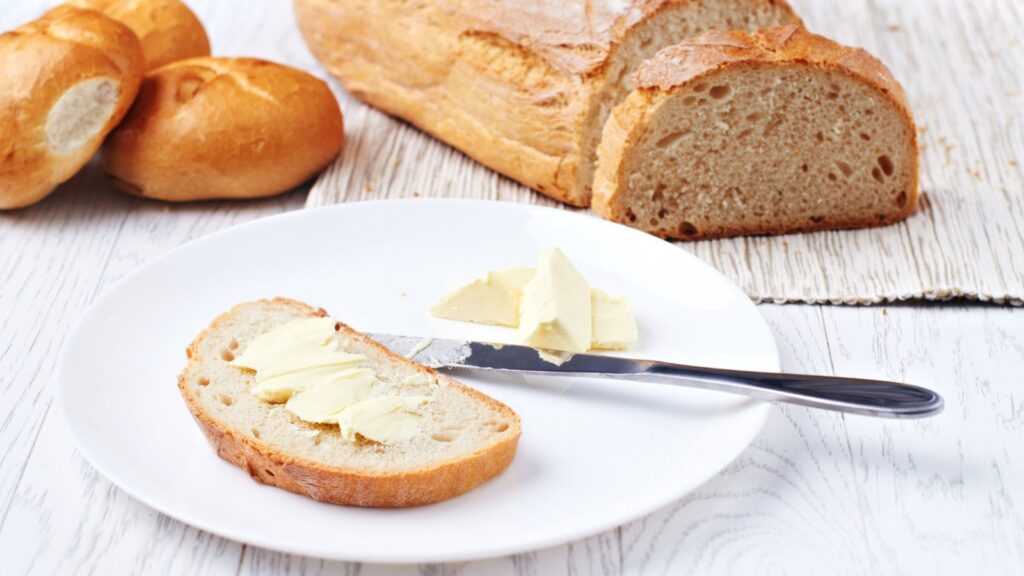
Bread should be enjoyed by breaking off a piece at a time, then buttering each piece individually rather than buttering the whole slice or a large chunk. This prevents crumbs from scattering and avoids accusations of gluttony. It should also only be eaten during courses and not in between.
Sipping Soup Loudly

Slurping soup is rude, especially in Western dining contexts. To enjoy soup silently, gently scoop it with your spoon sideways, bringing it to your lips without a sound. Soup has an entire etiquette when eating it, so it’s a good idea to know what you’re doing, or you will make a fool of yourself.
Not Using Serving Utensils
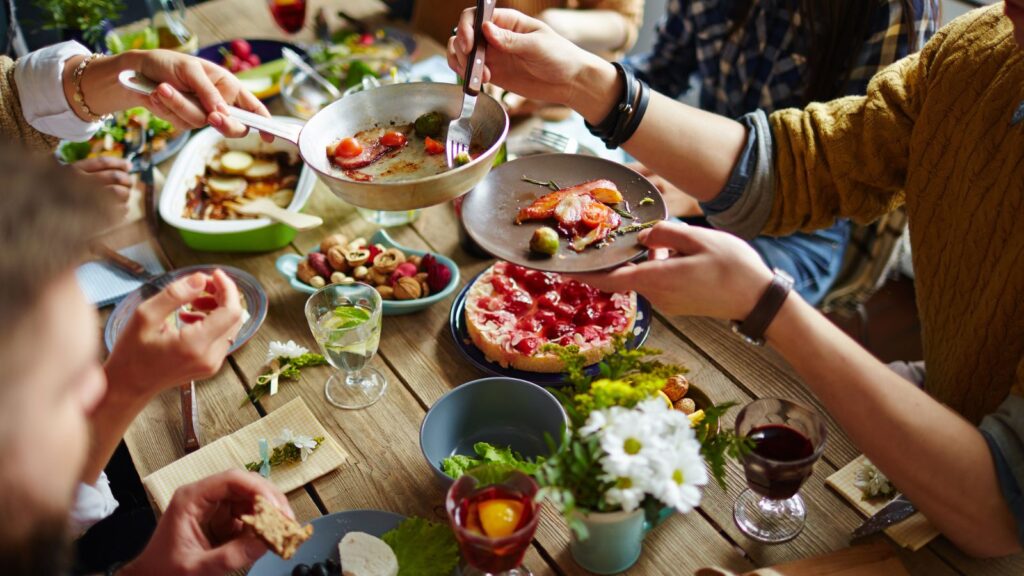
When serving yourself from a communal dish, always use the designated serving utensils rather than your personal cutlery. No one else at the table wants the food they’re going to eat to be touched by the fork or spoon you’ve just had in your mouth.
Leaving the Table Messy
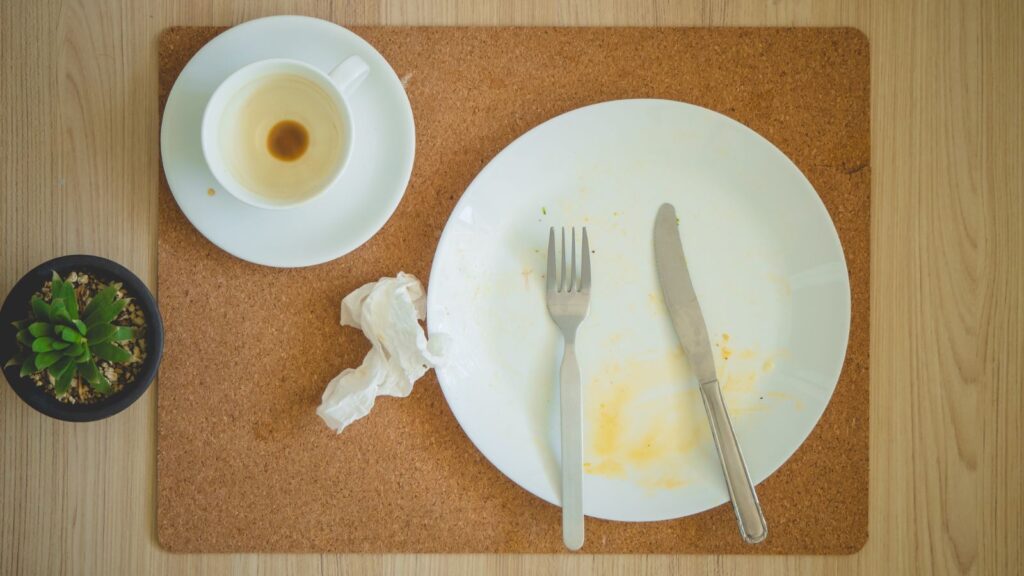
Your demeanor at the table extends to how you leave your plate at the end of the meal. Place your used utensils neatly on the plate and your napkin tidily beside your plate to show you’ve finished eating.
Playing with Food
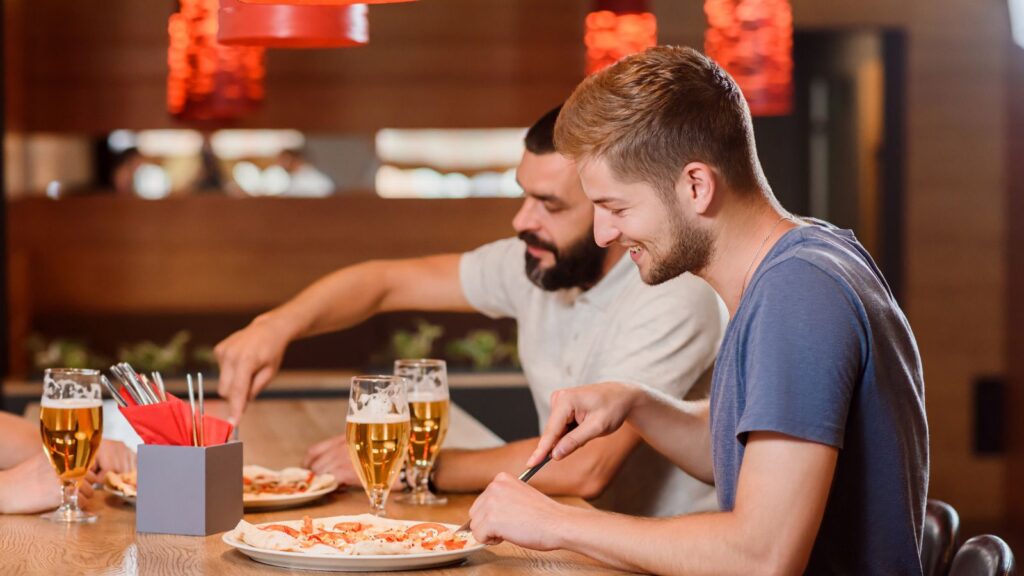
Fidgeting with your food, whether it's rearranging it on your plate or playing with your knife and fork, is distracting and childlike. If there’s something on your plate you don’t like, just leave it instead of playing around with it.
Making a Toast with Water

In some cultures, toasting with water is seen as a sign of disrespect or bad luck, particularly in a celebratory setting. For members of the US Navy, there is a superstition that toasting with water will cause death by drowning. Opt for a glass of bubbly, non-alcoholic beverage or even an empty glass if you prefer not to drink. Toasts can be difficult to negotiate, so make sure you do your research before making one.
Leaving the Table Without Excusing Yourself

Whether you need to use the restroom or take an urgent phone call, always excuse yourself politely from the table. This is simply the polite thing to do and will stop your hosts and other diners wondering why you’ve disappeared.
Chewing Gum at the Table
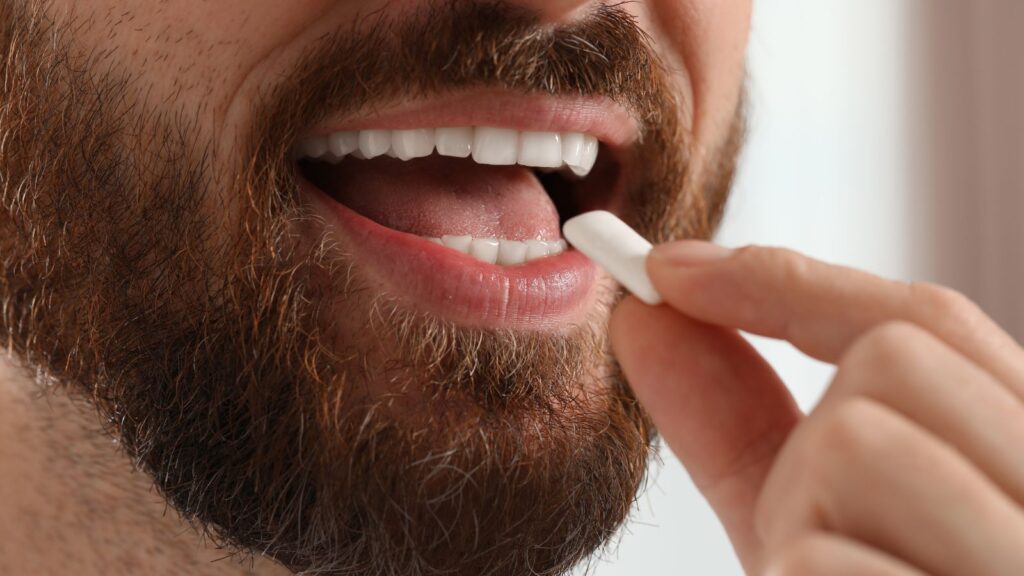
Chewing gum while dining is rude and unnecessary as you are about to eat a meal. Gum has many different purposes, such as nicotine replacement therapy, but you can go a couple of hours without needing it.
Overloading Your Plate
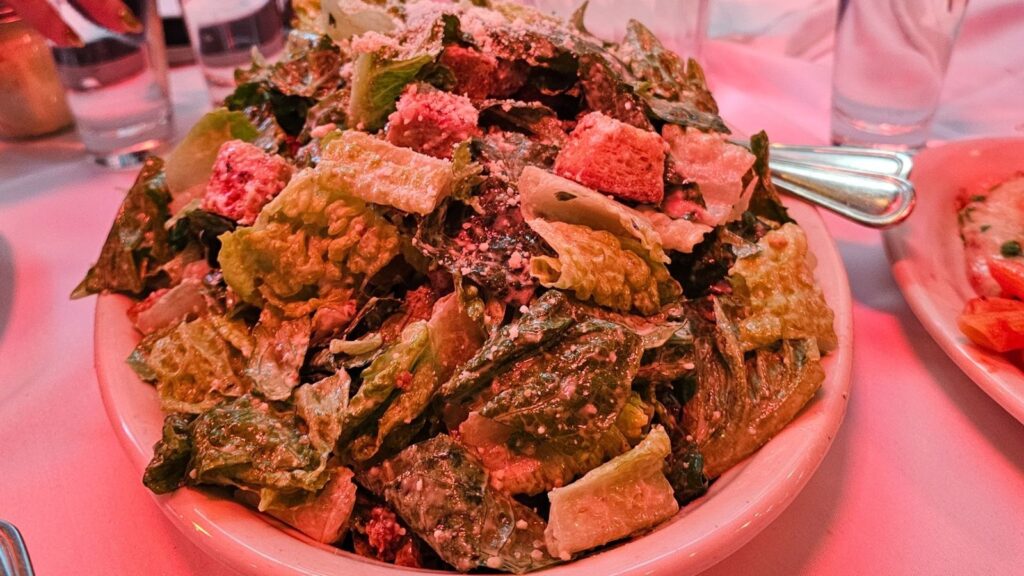
At buffets or during family-style meals, it's tempting to overfill your plate when the food looks and smells amazing. Control yourself and take smaller portions, as you can always return for a second helping if you're still hungry. You’ll also look silly if you take too much and are unable to finish it.
Not Complimenting the Host
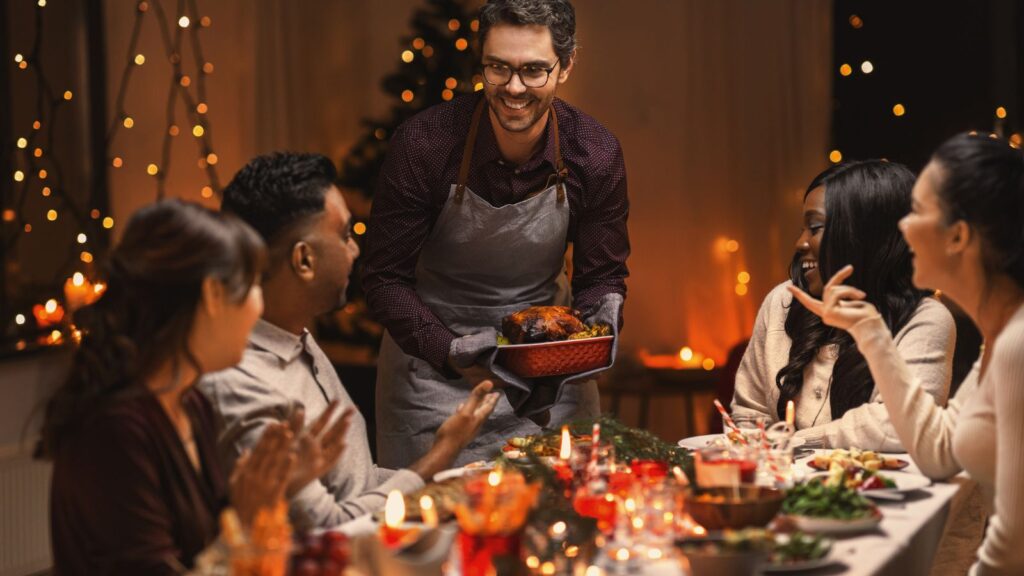
Failing to recognize the host’s efforts is ungrateful but might also create a bad atmosphere. They’ll have put hours of effort into preparing the meal, so recognition of that effort will be appreciated. Simple phrases like, “Thank you, dinner was wonderful,” is enough as being too enthusiastic in your praise may seem insincere.
Ignoring Basic Politeness

Saying simple words such as “please,” “thank you,” and “you’re welcome” are standard when you’re at the dining table. They show you’re well-mannered and polite, and you’ll likely receive another invite to dinner. Even if you’re shy, make the effort to say these words confidently.
30 Traditional Sayings That Are Now Considered Offensive by Woke Culture

30 Traditional Sayings That Are Now Considered Offensive by Woke Culture
21 Habits Often Associated With Having a Lower Social Status

21 Habits Often Associated With Having a Lower Social Status
25 Social Issues Gen Z are Determined to Cancel

